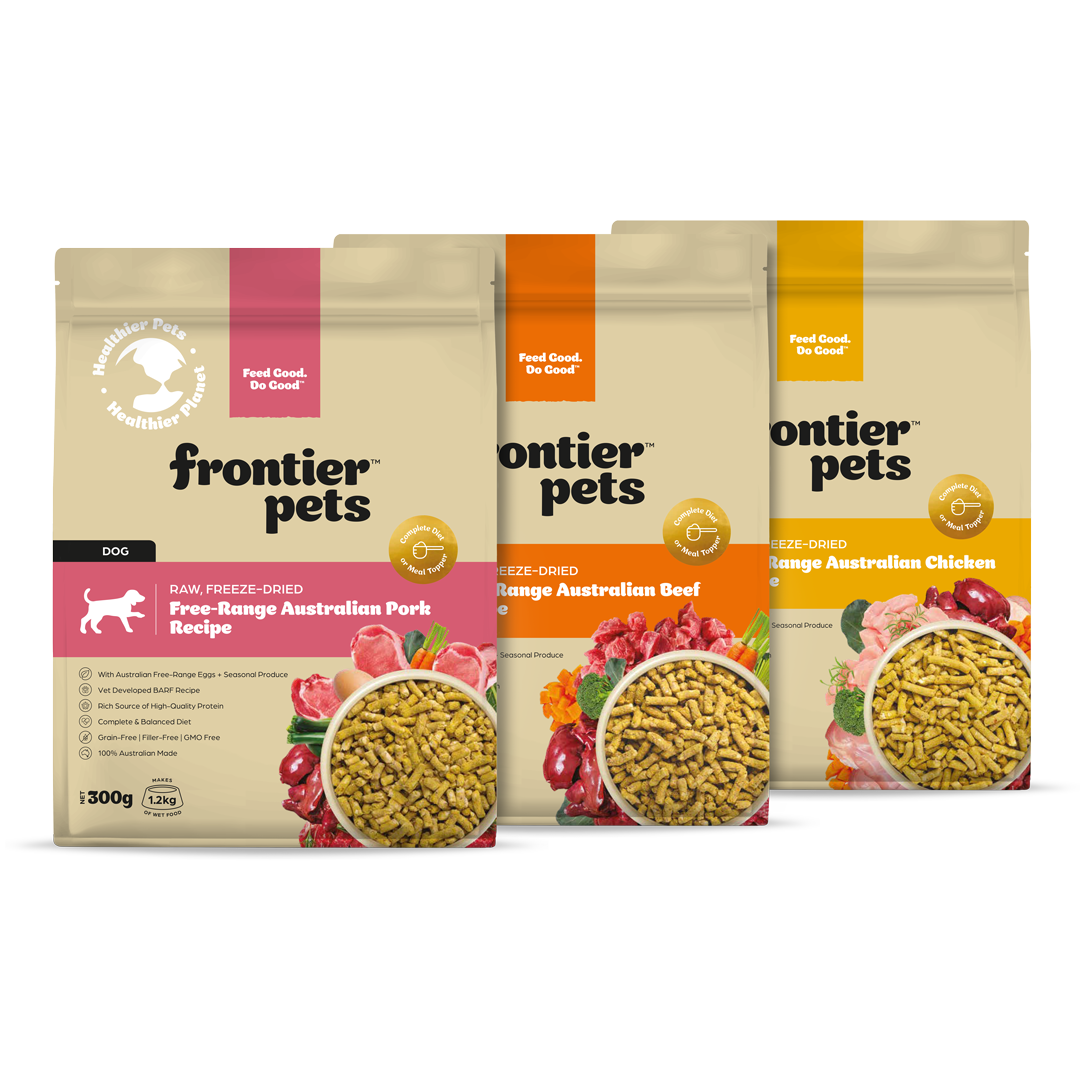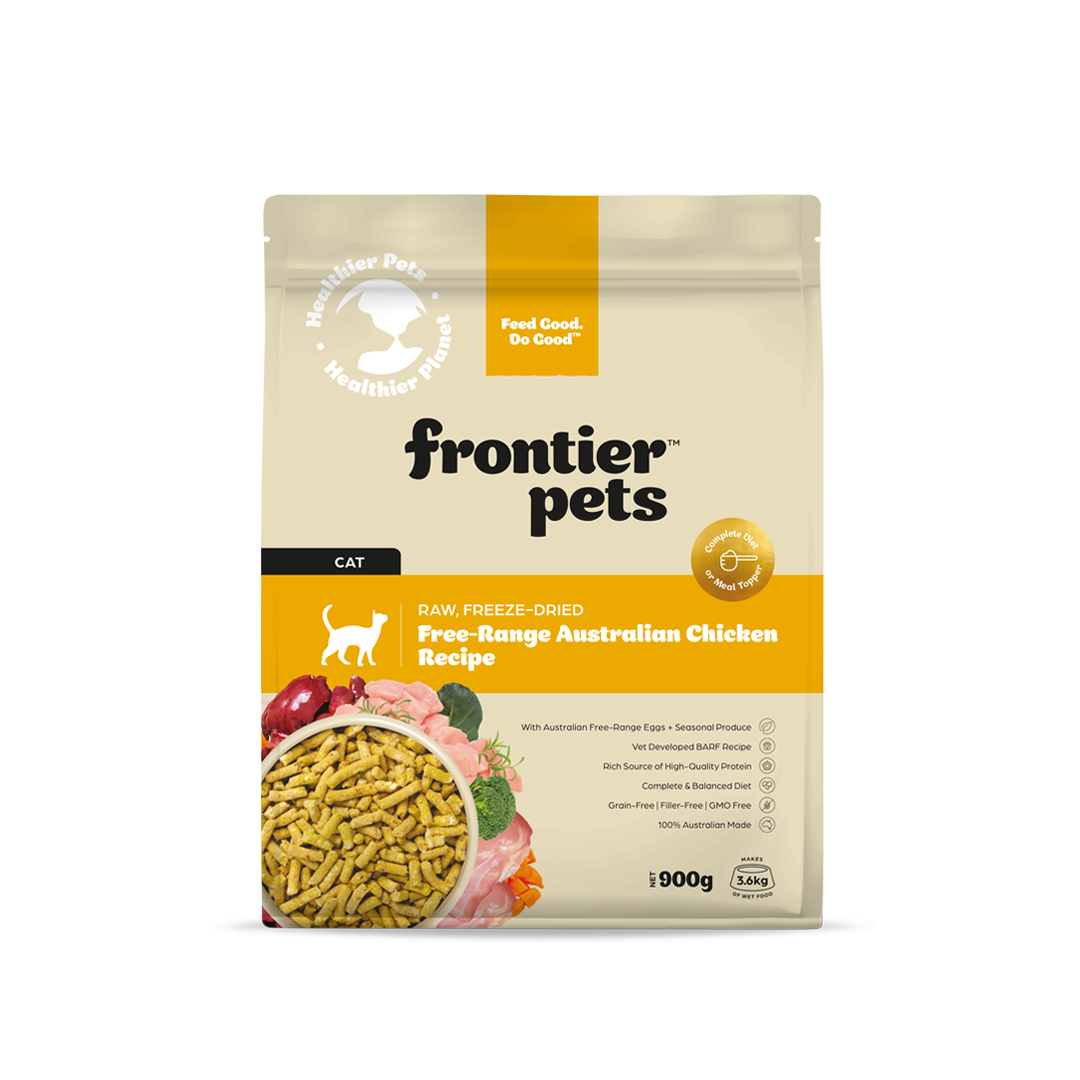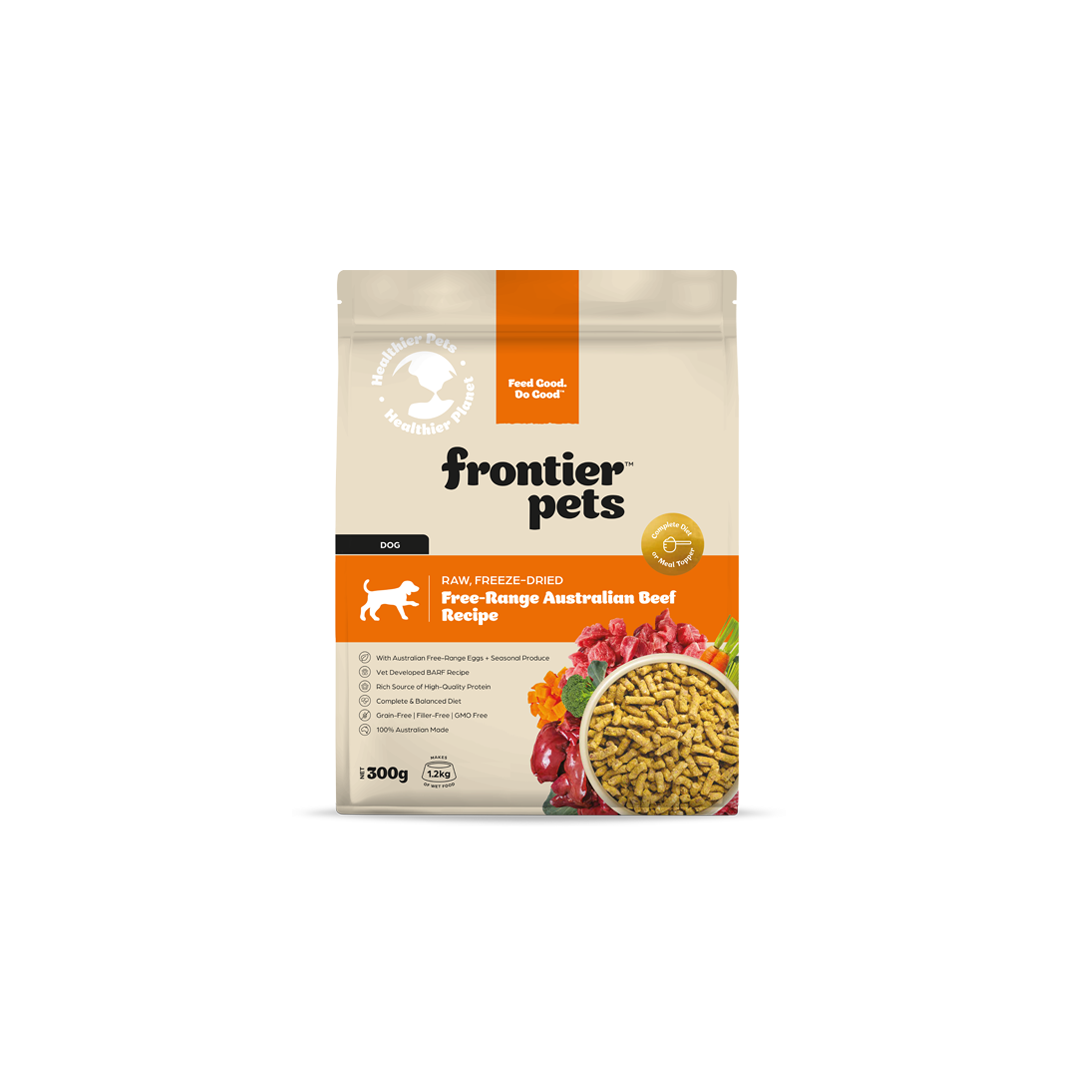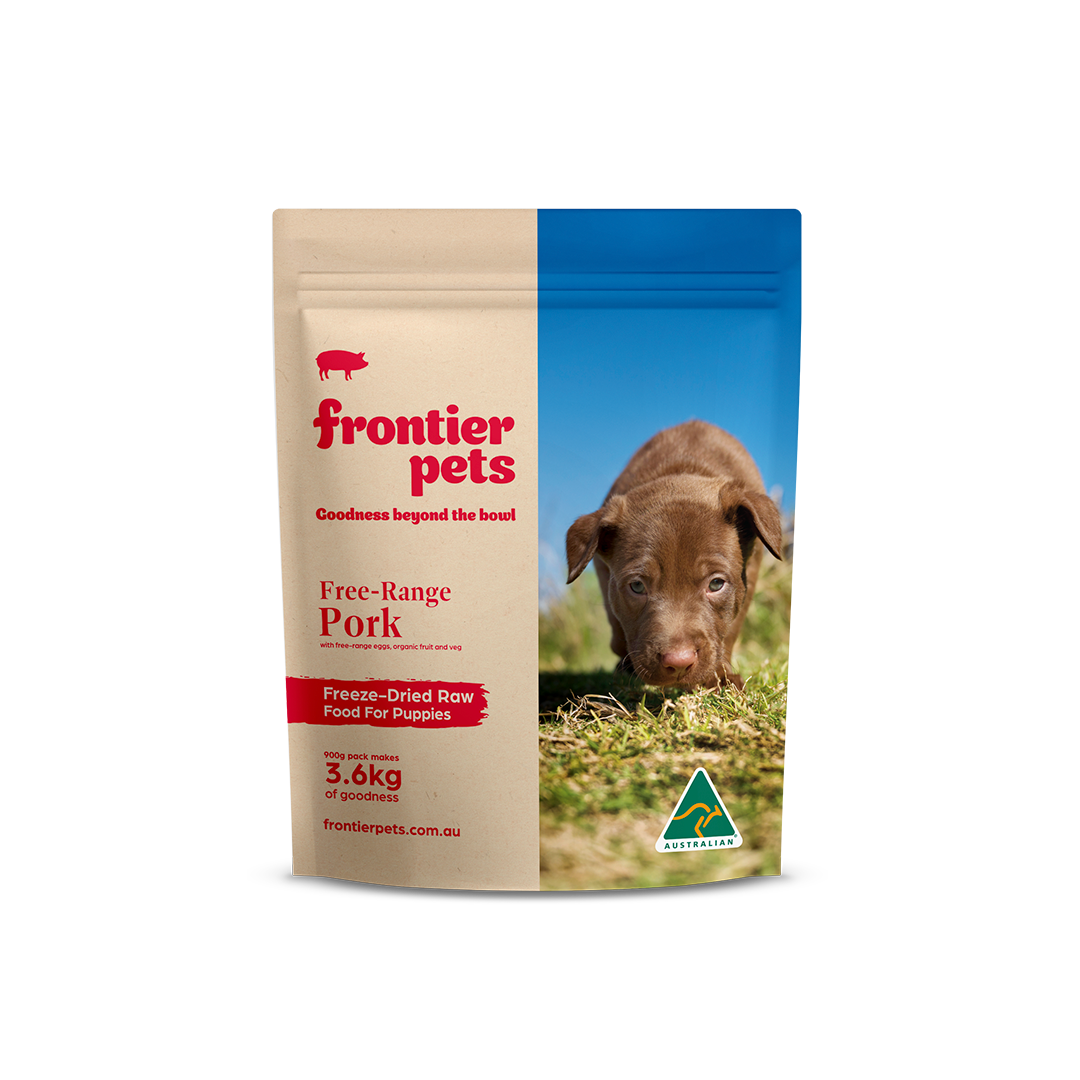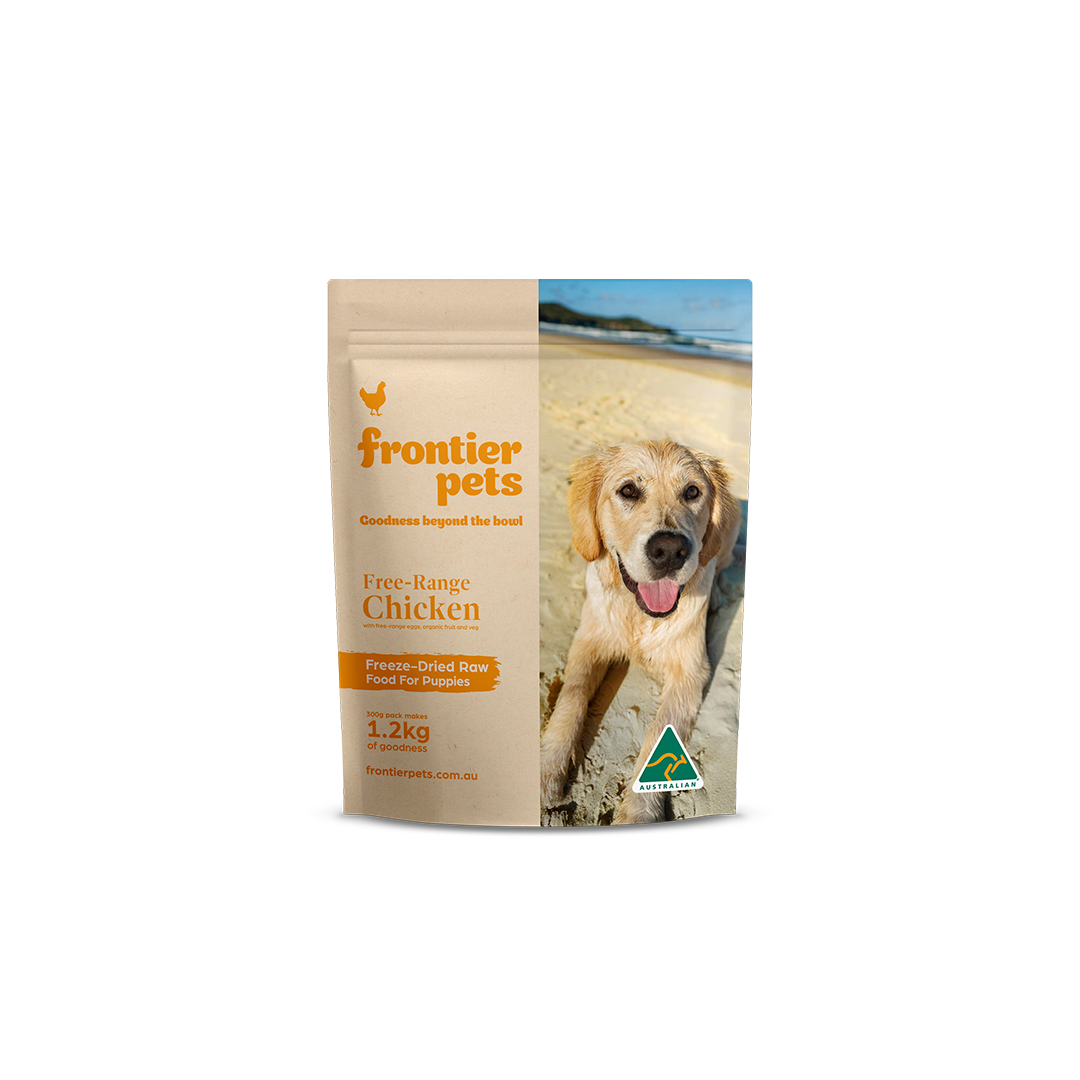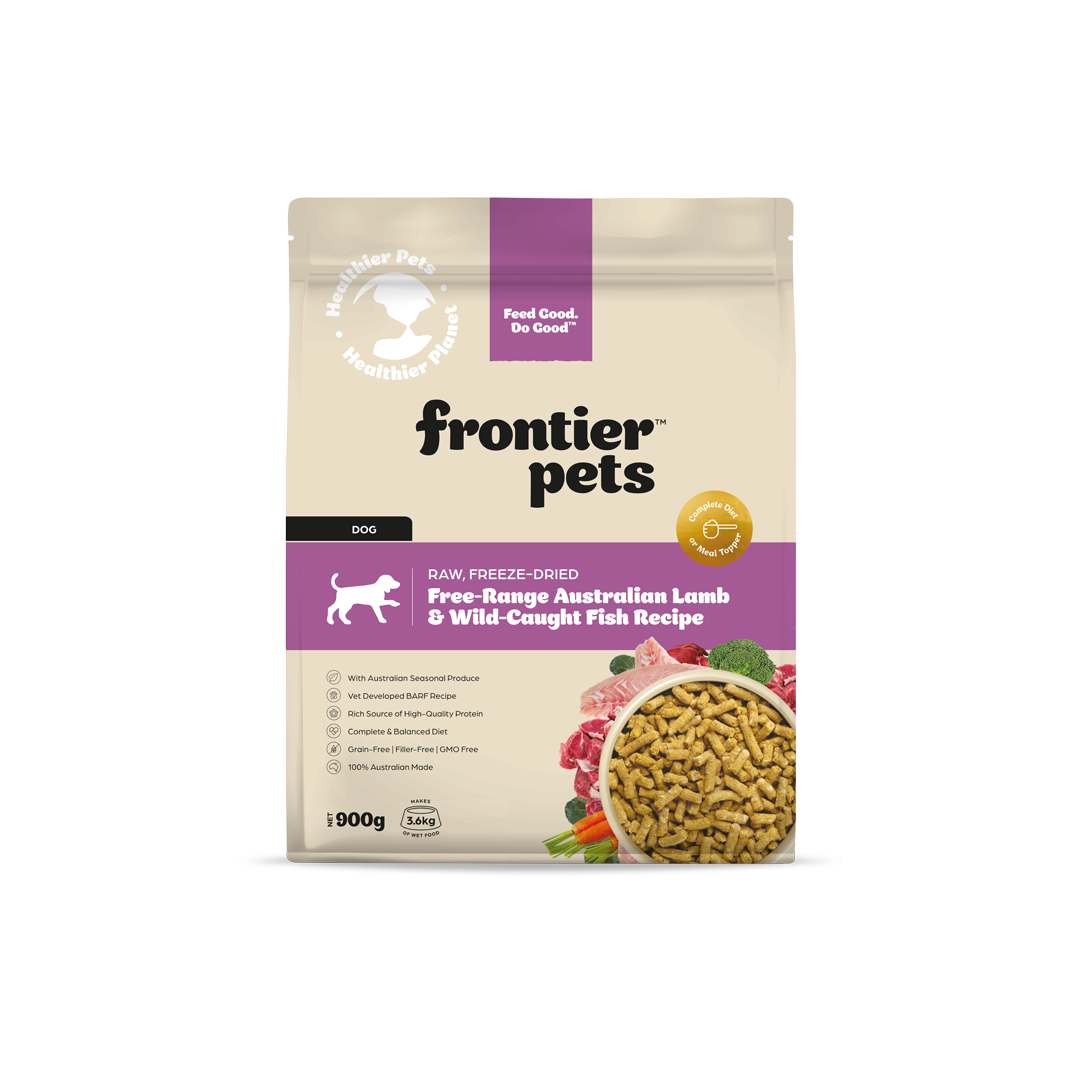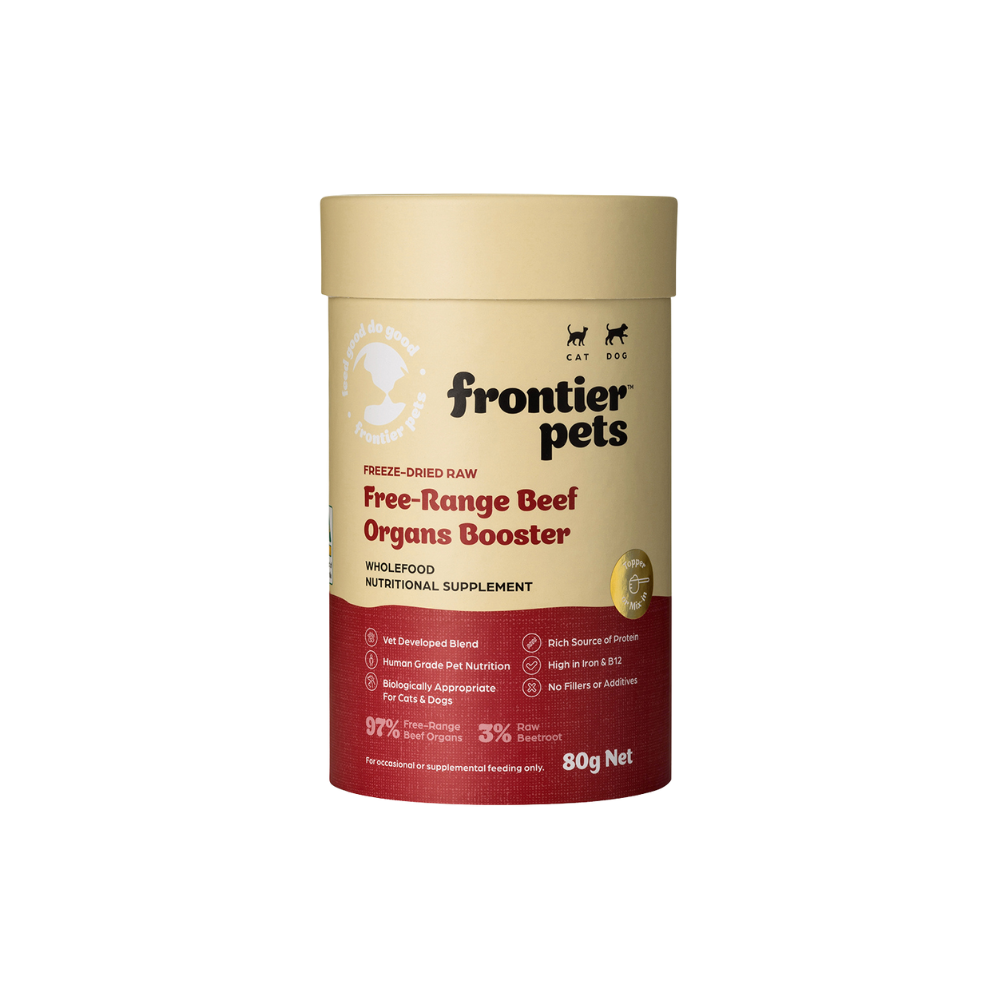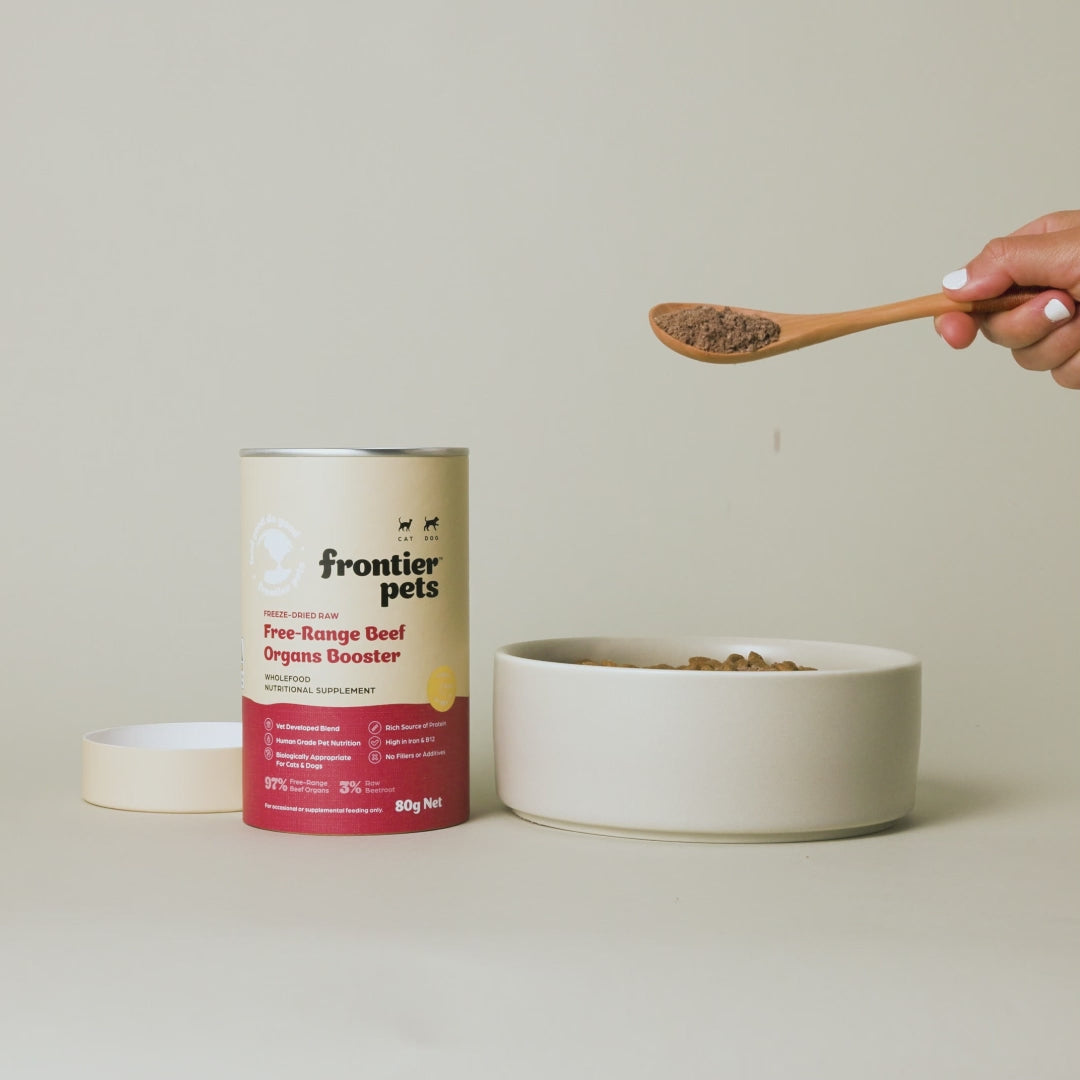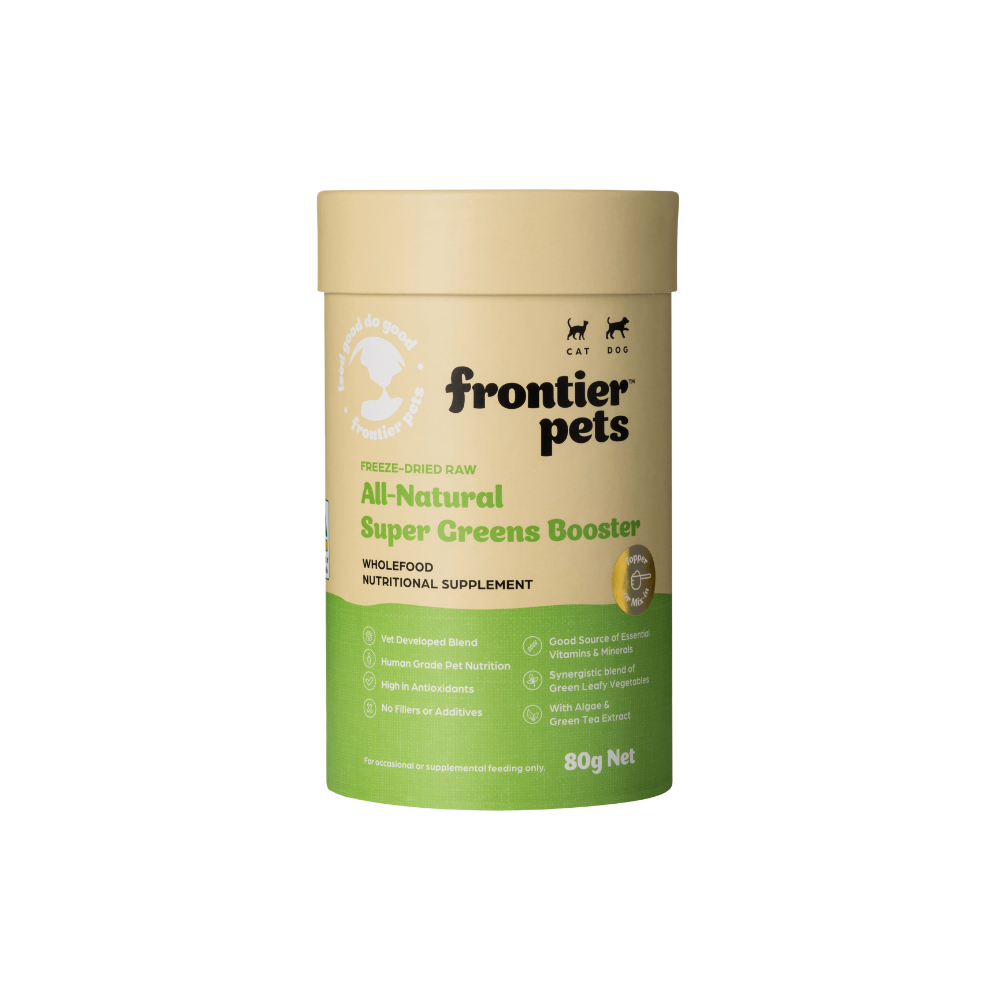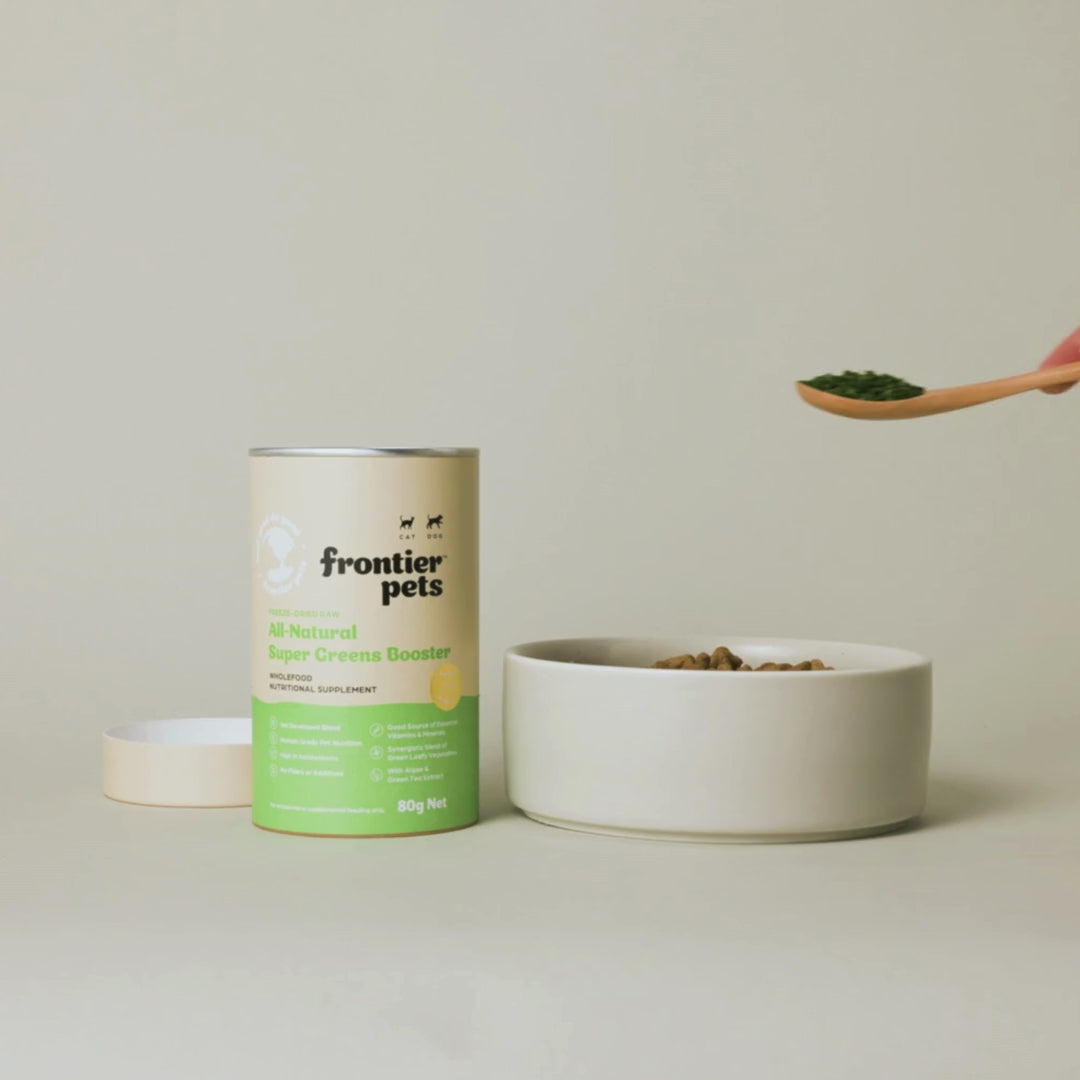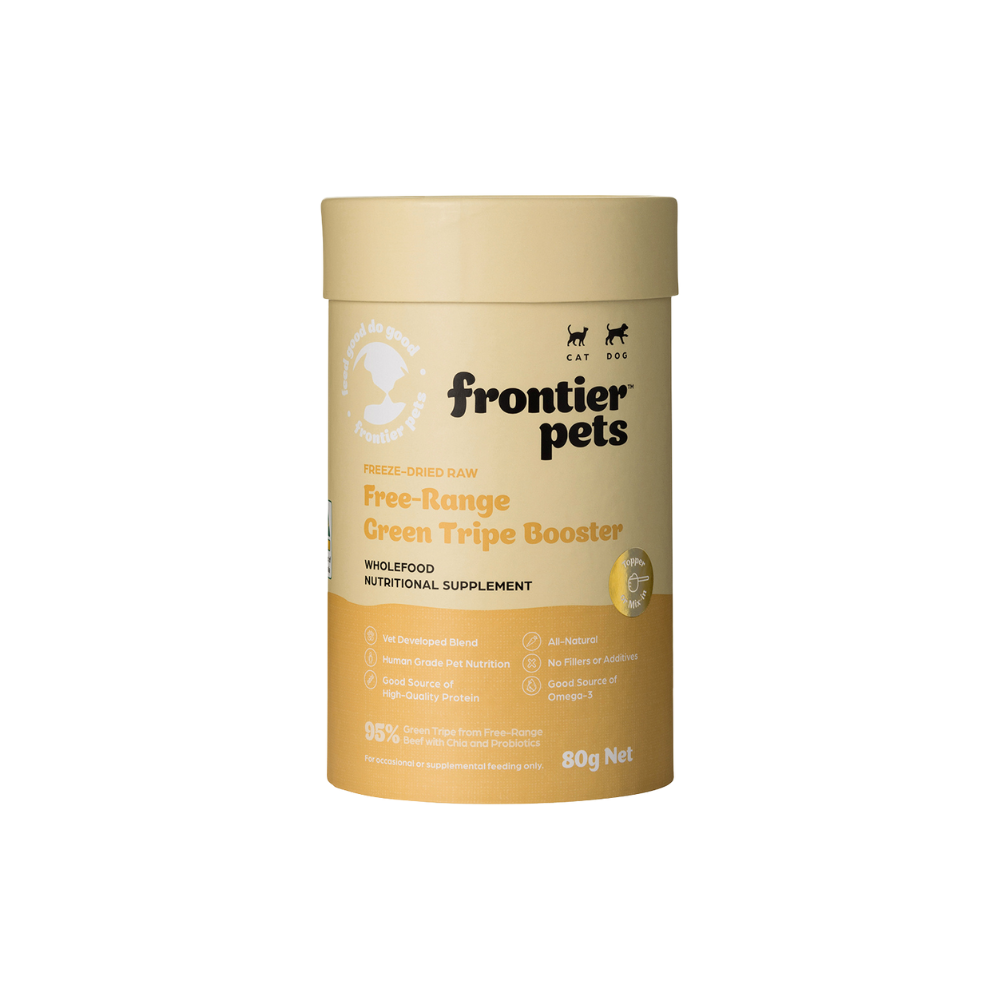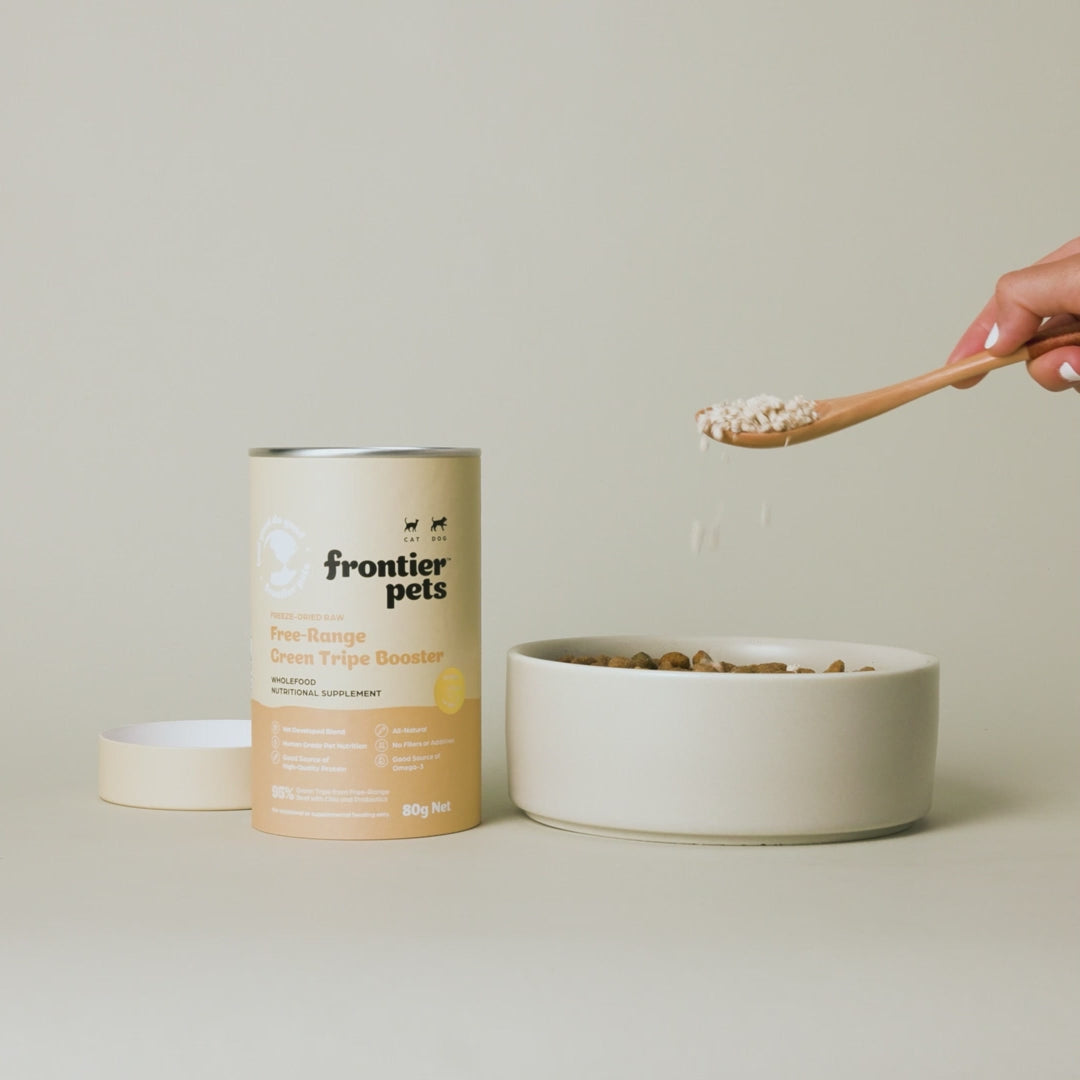Understanding and Managing Kidney Disease in Dogs
Key Points
- Types: Kidney disease in dogs can be acute (sudden) or chronic (long-term).
- Common Signs: Increased thirst, urination, bad breath, weight loss, and vomiting.
- Prevention: High-quality food, fresh water, meaty bones, and avoiding toxic foods.
- Management: Early diagnosis and treatment can prolong quality of life.
- Diet Advice: Low-phosphorus and low-protein diets for advanced stages; consult your vet for personalised advice.
Takeaway
To best support your dog's kidney health, invest in premium food, ensure proper hydration, and schedule regular check-ups with your vet for tailored guidance and early detection.
Understanding, preventing, and treating kidney disease in dogs!
The best way we can help our dogs to stay healthy is to understand some of the common health problems associated.
Kidney disease can be acute (rapid onset) or chronic (long standing) and will often develop around 10 years - 14 years in smaller dogs, and around 7 years in bigger dogs. While kidney disease is more common in older dogs, it isn't impossible for younger dogs to develop kidney disease also. The kidneys have many functions - they filter the blood, regulate levels of essential minerals and nutrients including potassium and sodium, conserve water, produce urine and help maintain blood pressure.
Kidney disease happens when kidney cells die off causing reduced ability to perform their functions.
Signs of chronic kidney failure include:
- Increase in thirst
- Increase in urination
- Dehydration
- Bad breath
- Weight loss and
- Vomiting
Prevention
- Nourish your dog with high quality food: Many of the supermarket brands are made up of poor-quality factory farmed proteins. We're talking snouts, beaks and hides - after time these poor-quality proteins start taxing on your pets' kidneys. While cheap dog food saves you money in the short term, investing in quality food will save you money on vet bills long term.
- Flush your dog's kidneys with plenty of fresh drinking water: If your dog drinks contaminated water, bacterial infections such as leptospirosis can attack the system, causing the kidneys to become inflamed.
- Feed your dog meaty bones: Not only will your dog love you for it, but bones are the best way to keep your dogs teeth and gums clean. When bacteria builds up on the teeth and gums, this can lead to advanced dental disease. The bacteria can enter the blood stream and attack multiple organs, causing irreversible damage to the kidneys.
- Avoid toxic foods: Certain foods can be extremely harmful or even fatal to dogs. It’s important to be aware of these dangers to keep your pet safe. Here are some common foods that are toxic to dogs and should be avoided.
While there is no cure for kidney disease, with early diagnosis and aggressive treatment, many dogs will live a normal lifestyle for many months, hopefully years.
Dogs with end stage kidney disease need a low phosphorous and low protein diet, unfortunately Frontier food is not suitable, however, Frontier does helps keep the kidneys healthy and may assist in prevention of kidney failure. Frontier food may be fed in early kidney failure, as part of the diet, under close veterinary supervision. We suggest you contact your vet for further advice. If your vet is not supportive of or knowledgeable about raw feeding, then you may request a consultation with a holistic vet who is more open to these options.
This general health advice comes from holistic veterinarian Dr. Kathy Cornack. For any specific health concerns about your pet, please consult your veterinarian. Individual animal needs may vary. This is general advice only.
References
- Dr Kathy Cornack - Newcastle Holistic Vet
- Animal hospital of Clemmons - Animal Hospital of Clemmons | Vet Clinic in Clemmons, NC
- Veterinary Care Australia - Veterinarians & Emergency Vets | VCA Animal Hospitals (vcahospitals.com)
- https://www.dog-health-guide.org/support-files/food-toxic-dogs.pdf
Frequently Asked Questions (FAQs)
More Blog posts

Best Low Maintenance Dog Breeds in Australia
Choosing your new fluffy companion is never easy. There is a wide range of considerations that go into finding the perfect pup for you! From your lifestyle to your living arrangements, it’s importa...
Read more
Steps With Pets Charity Challenge, August-September 2025
Steps with Pets – Tottenham Hotspur’s global charity dog-walking challenge, supported by Frontier Pets Calling all dog-loving Spurs fans around the world! This is your chance to combine your pass...
Read more
